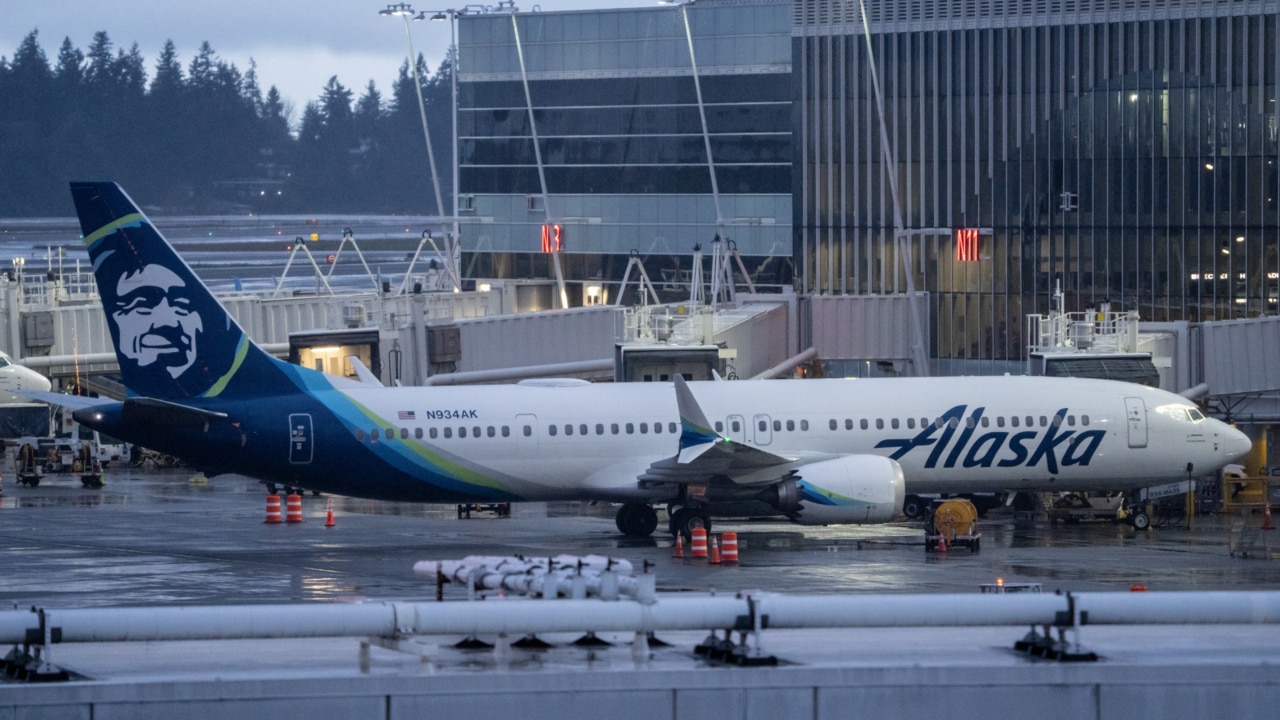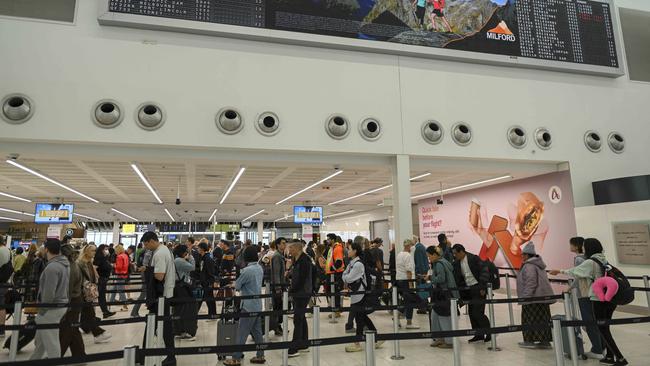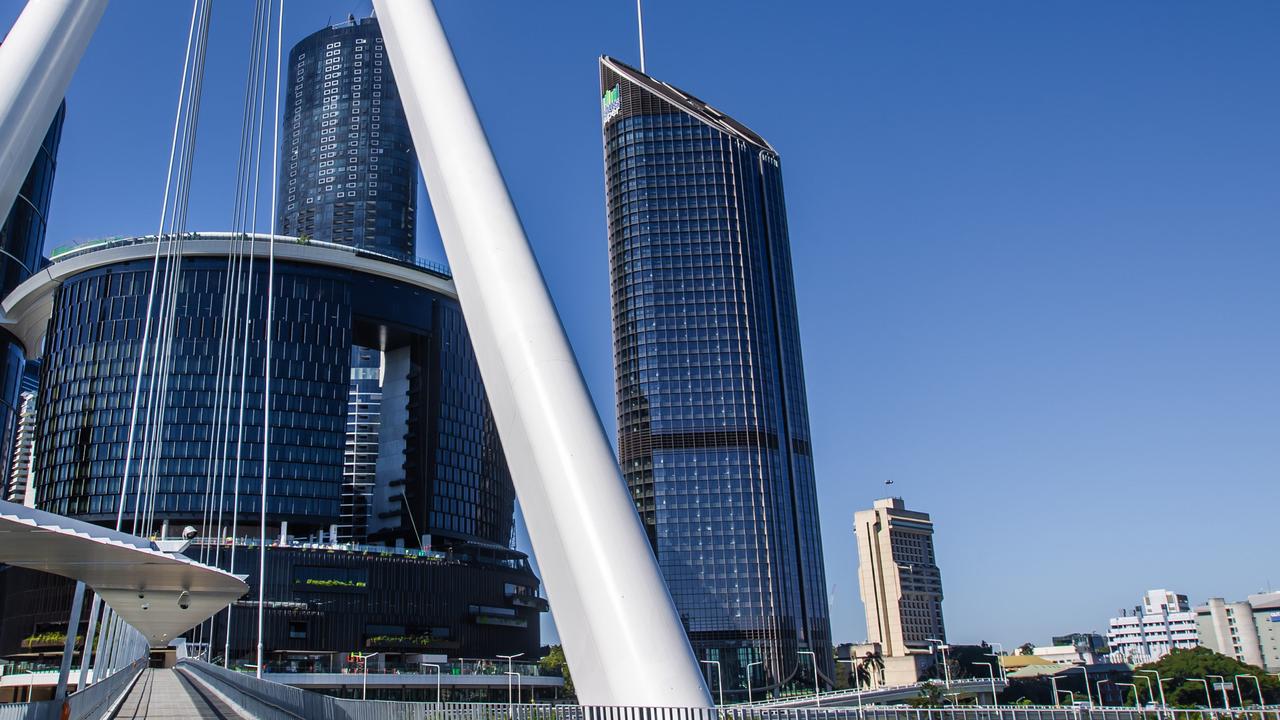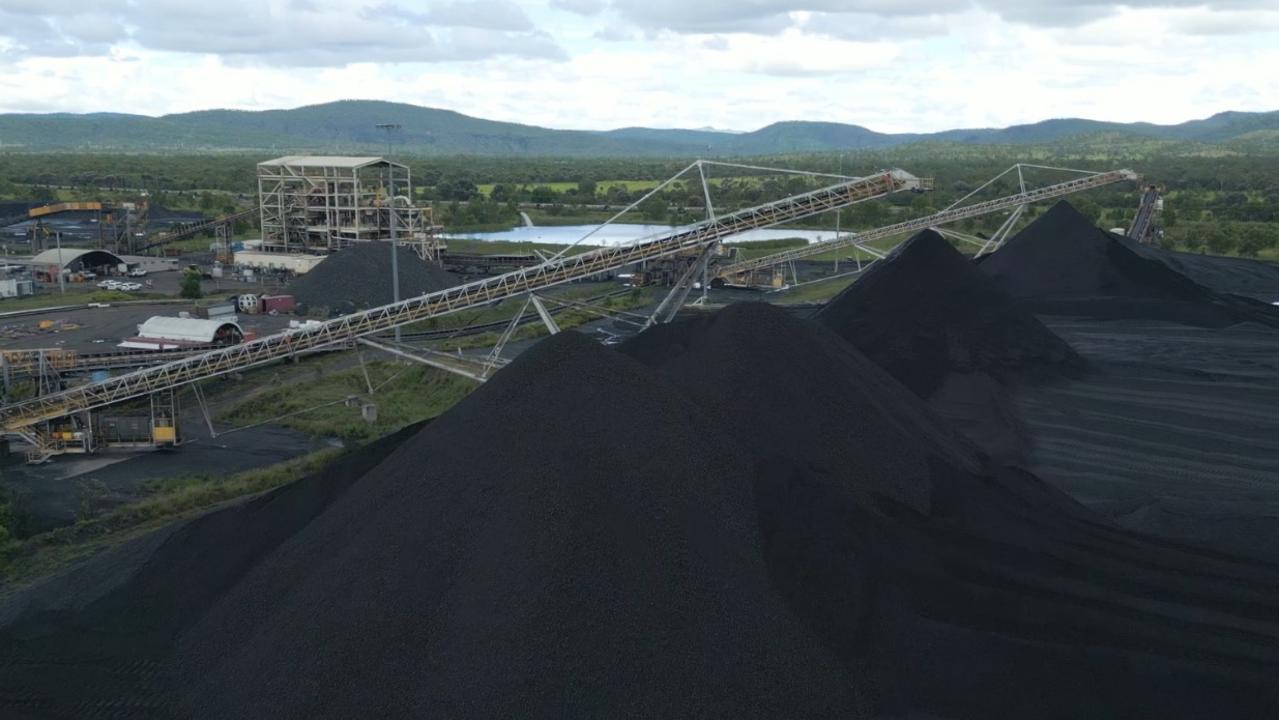Cancelled flights costing tourism industry and travellers close to $500m a year
Travel agents have weighed in on the debate over the high rates of flight cancellations, saying the cost to tourism is substantial.

Business
Don't miss out on the headlines from Business. Followed categories will be added to My News.
Travel agents and tour operators have weighed into the debate over high rates of flight cancellations, saying airlines’ poor reliability is costing their businesses and travellers around half a billion dollars per year.
The figures were included in a research paper commissioned by the Australian Travel Industry Association, showing airlines often axed services for purely commercial reasons.
Former Qantas economist Tony Webber provided detailed analysis of domestic flights over two decades to demonstrate how airlines cancelled flights to drive profits.
Dr Webber said most telling was the sharp upswing in cancellations during the global financial crisis in 2008, when airlines were having trouble filling planes.
“They’re cancelling services to make more money essentially, and that one episode proves it,” said Dr Webber.
“Prior to that, from 2003 to 2008, the cancellation rate was around 1 per cent. When the economic downturn hit, the rate doubled, peaking at 3.6 per cent in June 2008.”
The practice continued over subsequent years, particularly in off-peak periods when earnings were weakest and margins narrow, Dr Webber said.
Since the Covid crisis, the cancellation rate had again crept up, averaging 5 per cent in December, as airlines aggressively pursued profits.
Dr Webber argued what enabled airlines to maintain the practice without losing valuable airport access, was the decades-old “80-20 rule”.
Under the rule, carriers could retain specific timeslots at major airports, provided they did not cancel more than 20 per cent of flights in the particular slot over a year.
Dr Webber and ATIA chief executive Dean Long said it was clear the 80-20 rule was not fit for purpose and a 95-5 rule would be more appropriate to encourage airlines to operate to schedule.
“This is not an airport-commissioned study, this is the travel industry looking at where are the chokepoints, where are the issues,” said Mr Long.
“In the year to October 2023, $405m in overnight tourism expenditure was lost because of cancelled flights. It has a huge flow-on impact that damages the overall tourism industry.”

The figures were worked out through research which showed for each cancelled flight, an average of 5 per cent of passengers decided not to travel at all.
For those who did persevere and wait around for another flight, the average personal cost for passengers was estimated to be $18.77 an hour.
Mr Long said if this cost was passed on to airlines in the form of a penalty for cancelling flights when safety was not an issue, then the cancellation rate would likely fall quickly.
“We would call on the government to act on changes to this process outside of the aviation white paper,” he said.
“We cannot wait until the end of the year and into 2025 for reform, and the government needs to act quickly on this and make sure there’s an economic cost to cancelling flights.”
In relation to recent on-time performance data, airlines blamed severe weather, air traffic control shortages and regulatory issues for high cancellation rates, particularly along the east coast.
Qantas and Virgin Australia have consistently denied scrapping flights for commercial reasons, such as low passenger numbers or to stifle competition through “slot hoarding”.
In an “explainer” statement, Qantas said cancellations tended to be higher on “high frequency” routes such as Sydney-Melbourne because there were more flights on which to accommodate passengers, limiting the impact.
The ATIA report by Dr Webber has been lodged with the Department of Infrastructure which is overseeing the aviation white paper process, and provided to Minister for Transport Catherine King for review.
Originally published as Cancelled flights costing tourism industry and travellers close to $500m a year





